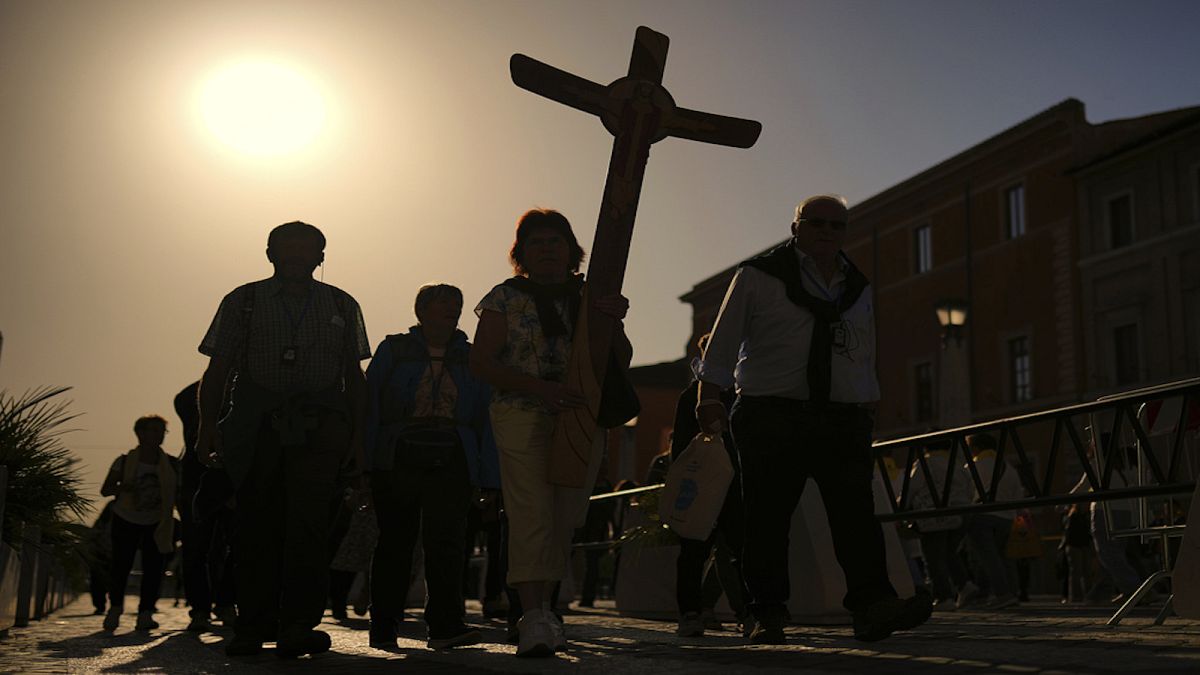The objective of the new EU approach to the Sahel: finding shared interests that allow for cooperation

Madrid – The EU is immersed in the development of a new approach to address its relationship with the Sahel countries at a time when the distancing from Mali, Burkina Faso, and Niger is more than evident, but at the same time, it is aware that it must talk to the juntas that govern them, and among Europeans, particularly the southern partners, there is a growing fear of Russian presence in this region and the threats that emanate from there.
The person in charge of developing this new ‘approach’ in European jargon is the EU’s special envoy for the Sahel, Joao Cravinho, who has been in office since last December and who during his time in Madrid explained that he is still in the listening phase to gather all the elements that will allow him to draft the document.
His task is to “engage in dialogue with all the Sahel countries,” including the three central Sahel countries currently governed by military juntas, as well as “the broader neighborhood,” sources from the European External Action Service (EEAS), which Cravinho depends on, explained to Europa Press. He is a former foreign minister of Portugal.
At the “heart” of what will be the new approach, the sources specify, will be “identifying mutual interests” with these countries “as the basis for possible cooperation” in the future, while making it clear that “it will vary from country to country given the diverse contexts of the Sahel,” a region that starts in Mauritania and ends in Sudan.
TALKING TO THE MILITARY
To find those common points, as Cravinho stated at the event he participated in at EsadeGeo, it is necessary to talk to the military juntas. “We cannot afford the luxury of saying we don’t like them because they wear uniforms,” said the EU envoy, among other things because “these regimes that have come to power unconstitutionally are not going to disappear overnight.”
He explained that if there is one thing he has been able to ascertain in the months he has been in office and in the contacts he has maintained, it is that European dialogue with the central Sahel countries “was very degraded” mainly due to “a mutual inability to listen to each other and explain what is important to us.”
In these countries, it was not well understood what the Europeans wanted, and their offer of assistance was even viewed with suspicion because it was thought that there was some kind of “agenda behind” when, according to Cravinho, Europeans have “nothing to hide,” although they do have interests regarding the stability of the Sahel.
THE APPROACH TO RUSSIA IS NOT WORKING
In this context, he made it clear that “it is more useful when we explain and seek convergence” with the interests of these countries, especially when, according to him, they are starting to realize that their approach to Russia, particularly in the case of Mali and to a lesser extent in Burkina Faso and Niger, is not yielding the expected results.
One of the reasons behind the wave of coups that began in Mali in August 2020 and culminated in Niger in July 2023, with a second coup in the first country and two also in the case of Burkina Faso, was precisely the discontent of the military with how the fight against jihadism was being conducted.
These three countries have currently become the main terrorist scene globally. According to the Global Terrorism Index 2025, this region accounted for 51% of global deaths and 19% of attacks. Furthermore, five of the ten countries most affected by terrorism are in this part of Africa, and Burkina Faso is the most affected country worldwide.
The military response is not enough, and Russian support has “limits,” warns Cravinho
The military juntas also saw in the West, and more specifically in France, their former colonial power, one of the responsible parties for the deterioration of the situation, given the failure of various counter-terrorism operations to curb the expansion of jihadism. Therefore, all of them broke with Paris and forced the exit of French troops, which in the case of Mali also extended to the UN Mission, as well as to the EU mission, which also had to subsequently end its missions in Niger.
The three countries then turned their gaze to Russia, which has provided them with military support both in the form of equipment and, in the specific case of Mali, in the form of personnel, with the deployment of mercenaries from the Wagner group, now rebranded as Africa Corps and under the control of the Russian Ministry of Defense. According to Cravinho, they are now aware that a purely military response is not enough and that Russian support has “limits.”
In this regard, he expressed confidence that the EU will have to address the issue of security in the Sahel at some point, although there is currently no room for a “European intervention,” but it will be necessary to “militarily support” these countries that, according to him, are now showing themselves to be “more receptive” than they were before.
WE MUST UNDERSTAND THEIR SOVEREIGNIST DISCOURSE
On the other hand, Cravinho warned that the EU must “take seriously” the pan-African sovereignist discourse employed by the military juntas, for whom it is “very difficult to accept humanitarian assistance,” as this highlights their inability to solve problems, but they see development aid more favorably.
Thus, he argued, it is something that the EU has to “know how to work on and do so sensitively.” In this sense, he drew attention to the need to find new cooperation instruments with these countries. Currently, he indicated, European development cooperation focuses on large projects, such as those funded by the Global Gateway, “which are not very compatible with the reality” in the Sahel, or on humanitarian aid.
There is a huge gap between the two, which is why the EU is already working to “develop more relevant instruments,” he noted. “It will take time,” Cravinho admitted, emphasizing that “the Sahel is a good example of why we need a different type of cooperation” in the EU.
He also warned of the importance of contributing to the development of these countries, where the population is predominantly young and where the lack of opportunities drives many to seek a better life elsewhere, including Europe. In this regard, “if we do not know how to work in the Sahel and with the Sahel, migratory dynamics will continue,” Cravinho warned. (April 14)
What's Your Reaction?
 Like
0
Like
0
 Dislike
0
Dislike
0
 Love
0
Love
0
 Funny
0
Funny
0
 Angry
0
Angry
0
 Sad
0
Sad
0
 Wow
0
Wow
0




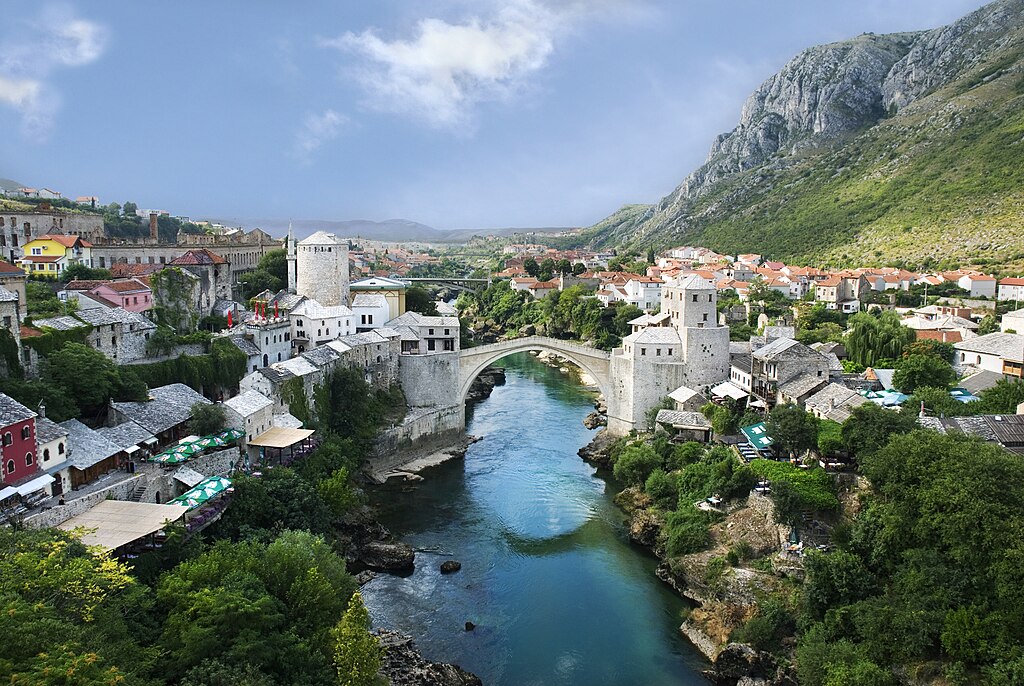



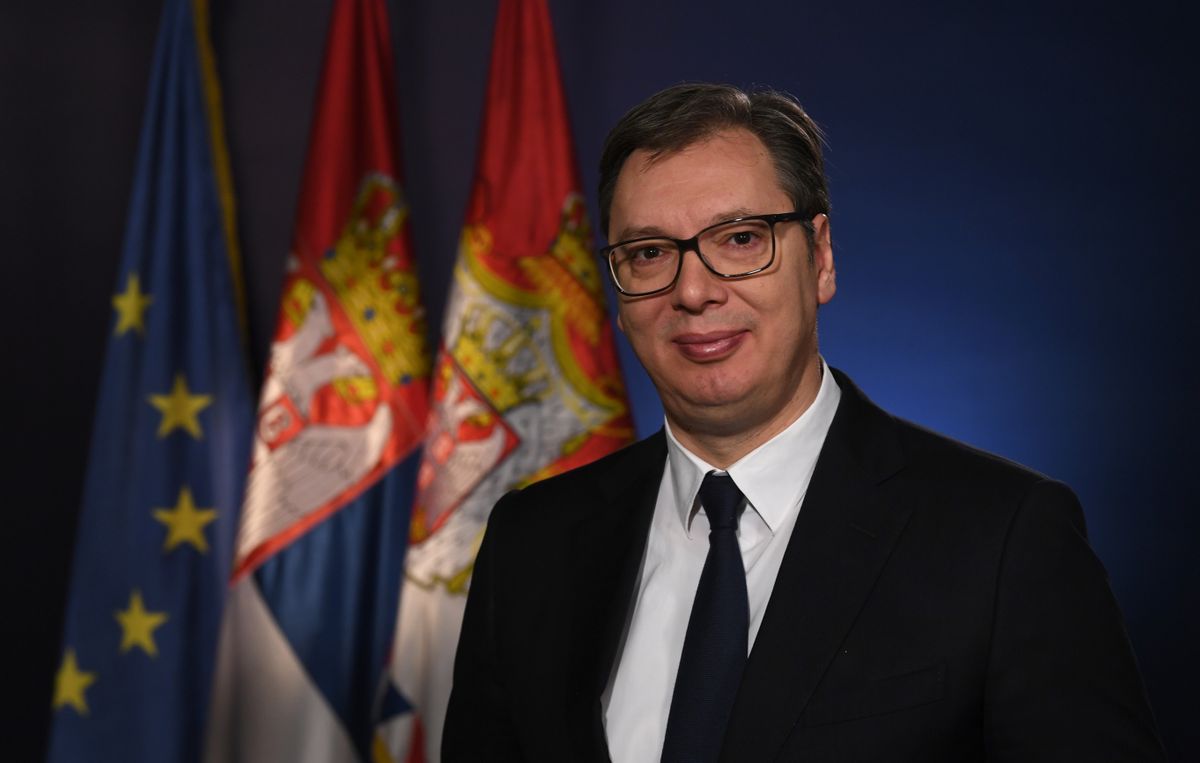
















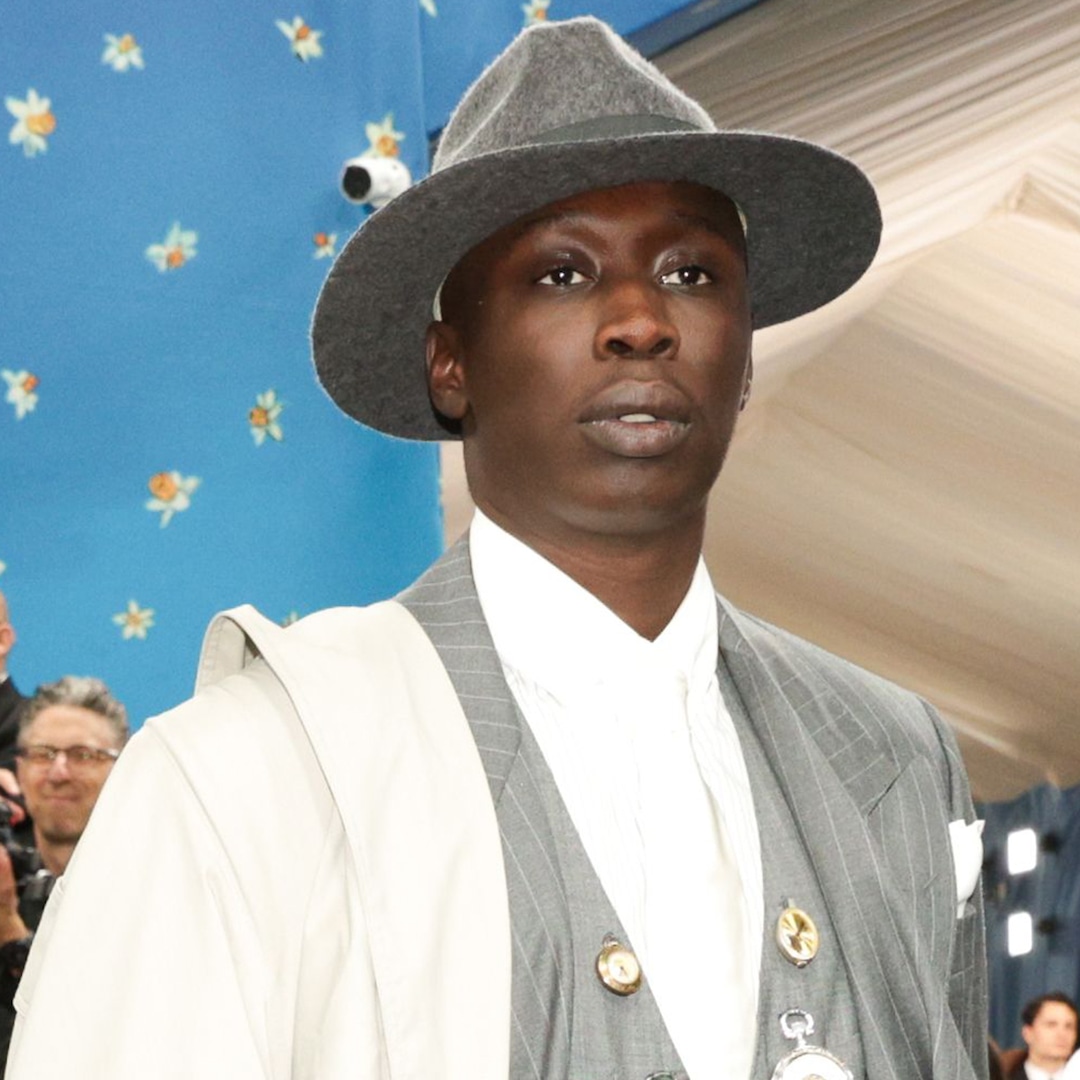



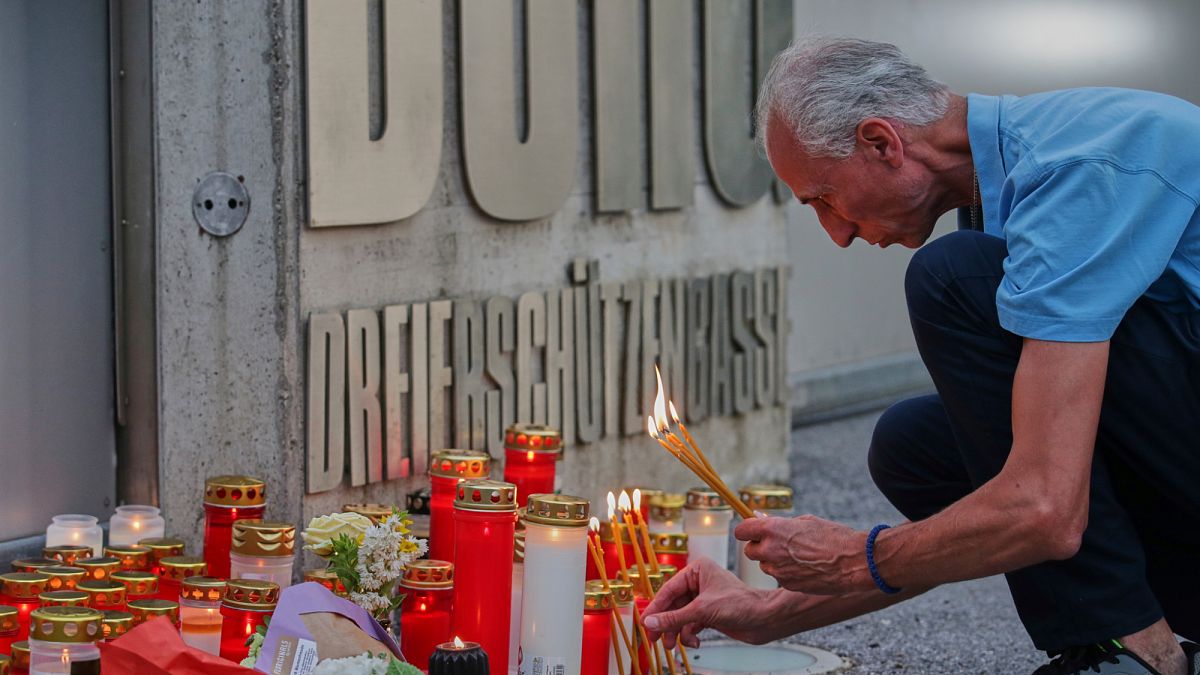






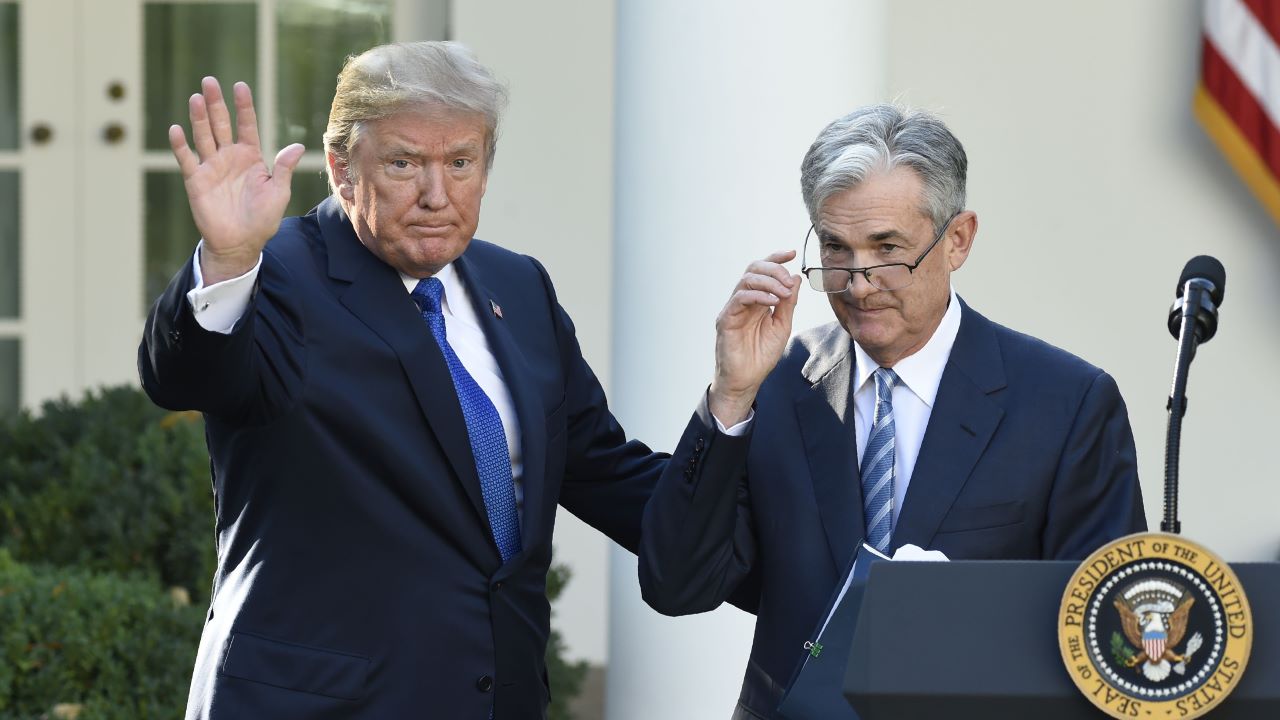
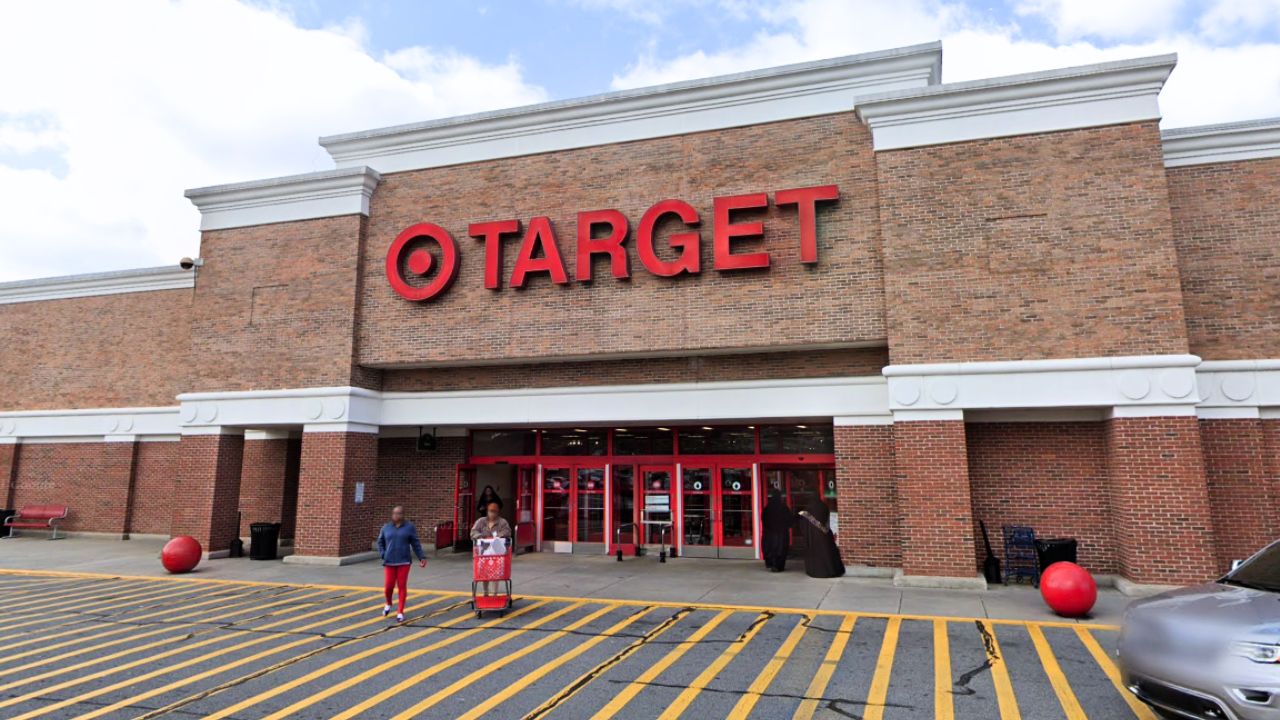




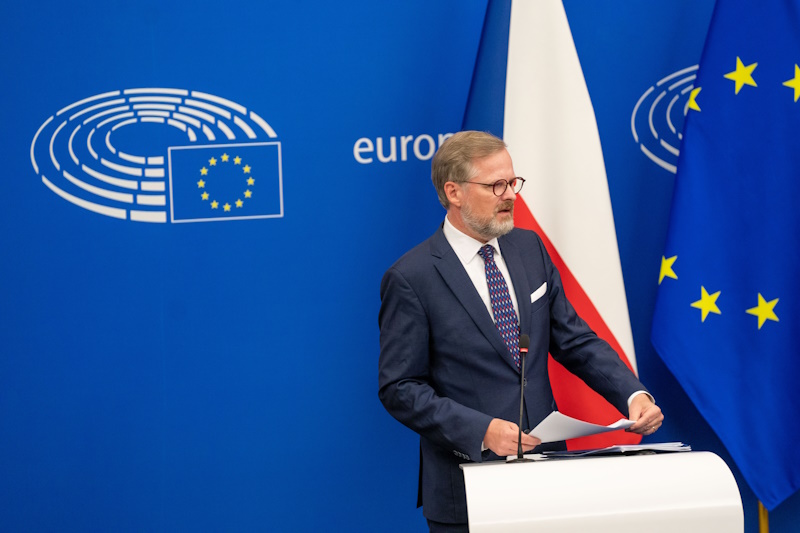

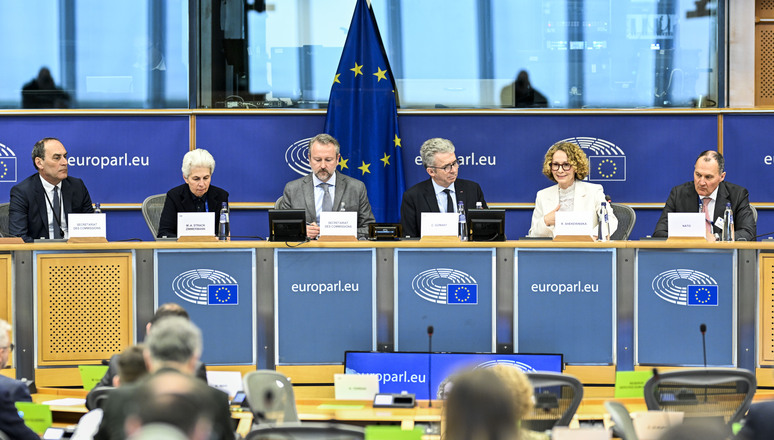

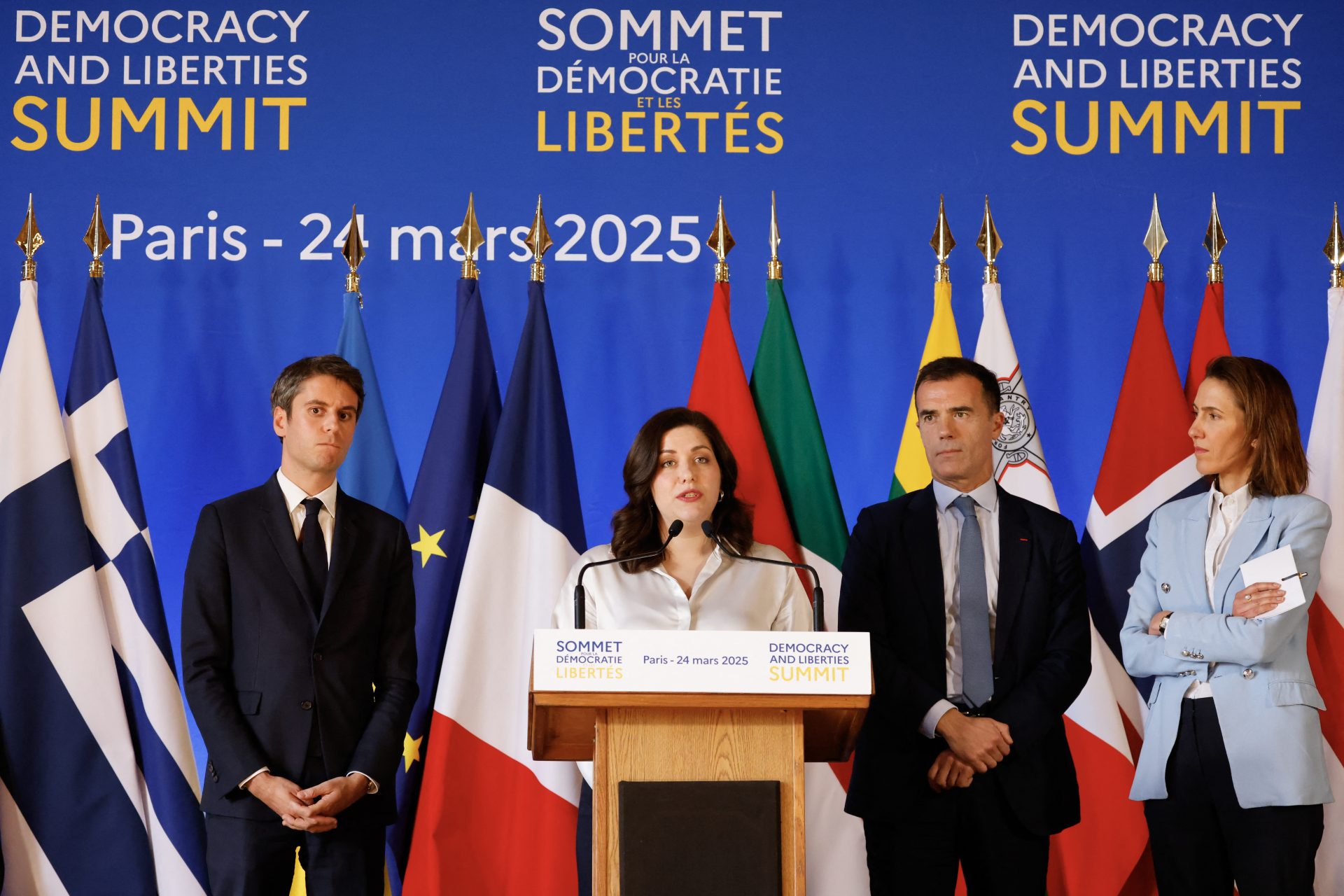



.png?Expires=1838763821&Key-Pair-Id=K2ZIVPTIP2VGHC&Signature=IO0~CT3pU-TcxGc~yoZSmoQx23MZVuK-~4jSii~NKEblRmyO3el7NXPu~Rh1o23voASg7hlcHLw4kvQuDK1jssEhcjoNBBvEpZ~GGOAU6yosBhpHpeF179F~h7i6VxmsBNh9gtTutkoqY73O2YCFey~IAqSzKbBqETP1kP9cAg1916Z1YkJJs-5MliMrkZ5d7-mWGLbpHp2wGj2VlMph8XzYlL4~y1O7fB~JdIS~Rs4RMRs2x0WT1qUIpHAsf3GdwtOyAmKFSpIg8xCyNGZZ5h~13nXlmpd7uPvW8tBfttpG9pFTqcway-uch5WyfHOEfi7UlJCOWrr6fCYY5PMgSg__)







